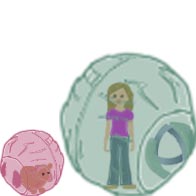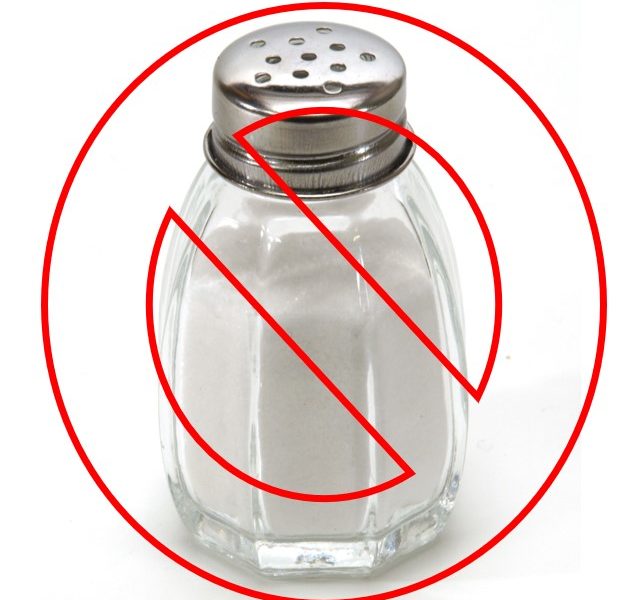Colorado School of Mines is one of the top engineering schools in the United States. In order to maintain the image of a prestigious university, the individual colleges that make up Colorado School of Mines create an artificial curve with the goal of weeding out the less successful margin.
This is, of course, a perfectly acceptable practice; CSM accepts huge sums of money from potential employers with the understanding that they will graduate only the best and brightest. What happens to those that do not make it through? The school’s Public Relations would like us to believe that they will be given the resources and opportunity to try again. This, however, is rarely the case. Many are left to fall between the cracks of a shoddy foundation.
When speaking with professors and CSM administration, failure is described as a learning experience. The student that needs to retake a course hopefully evaluates their priorities and study habits.
As the adage goes, “what doesn’t kill you makes you stronger.” Since the current rate is $1000 per credit-hour, this can be one of the most expensive “lessons” offered by the school.
This is only the direct monetary repercussion, as failure can set a student’s projected graduation back a year. Many upper level classes are chained together by prerequisites, and then only offered once a year.
The Chemical Engineering department, in particular, is notorious for this kind of destructive scheduling, combined with a systemic failing of their students to meet classroom size quotas. The successful students are able to move on. The forsaken are left with three options: scrounge up enough classes to remain a full time student, change majors, or leave school altogether. Those that wish to stay must then fight against the incoming class for a seat in a crowded lecture, lest they wait around for another year.
“For me, it’s all a matter of time,” John Doe, a Mines student, said.
“Work, classes, and office hours just take it out of my day. If I haven’t figured something out, I’ll pull out a solutions manual. It’s kept me on the right side of the curve this long.”
In recent news, wastewater from Mines Park was found to contain eight times the average concentration of anti-depressants. Within the given context, this should be of little surprise. We have students working to pay for the opportunity to fight in a competitive job market while the executioner’s axe looms over their heads.
One misstep at any point during your college career and the axe comes down, bearing the full weight of the above discussed consequences. This is in addition to the personal strife that each individual is coping with. Living with this day-to-day stress brings the worst out of the student body.
“I hate to admit it, but I don’t feel like I retain much, even in the classes I pass. I’m just doing what I need to do to move on,” Doe said.
President Paul Johnson has expressed his desire to change this negative atmosphere at Mines. In his short time here, we have already seen the beginning of some changes across campus.
Regardless, as of right now, we are not the big, happy, dysfunctional family that some make us out to be.




'Restrictive Course Schedule Leaves Students Behind' has no comments
Be the first to comment this post!